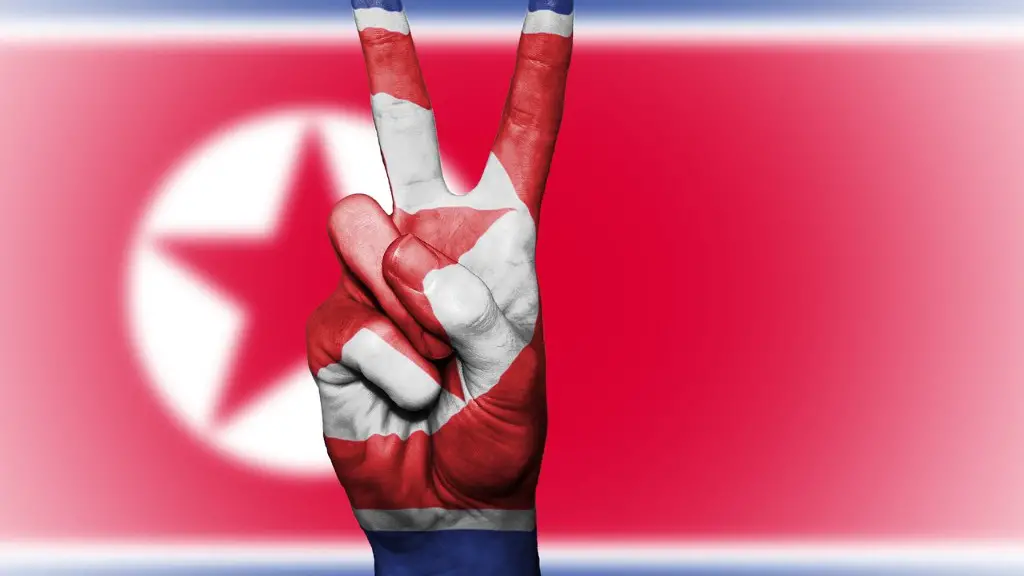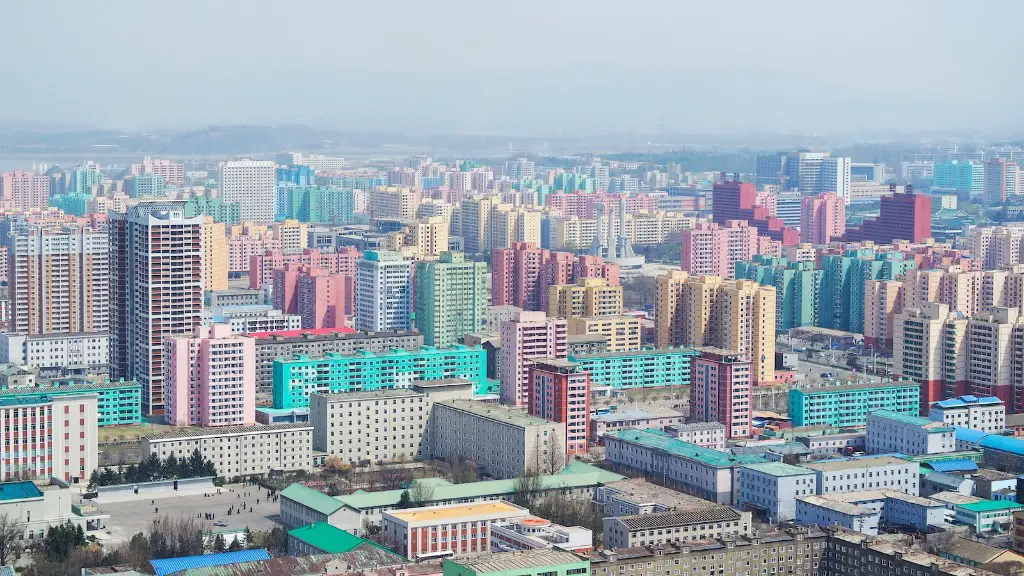Background
North Korea is an isolated nation which has been plagued by a crippling food shortage for decades. The country is located in the middle of two super powers; Russia and China, however, despite its proximity to two of the world’s wealthiest nations, North Korea faces acute food insecurity. This was first highlighted in the 90s when a famine struck, resulting in the death of hundreds of thousands of people. One of the major causes of the famine was the collapse of the Soviet Union in 1989, which resulted in a loss of the country’s main trading partner. Other significant causes include environmental degradation, poor central planning, international sanctions, and political instability.
Relevant Data
According to a United Nations report, an estimated ten million people in North Korea are facing food insecurity and require assistance. This number is expected to rise to 18 million by 2021 if urgent action is not taken. The World Food Programme (WFP) and other agencies have reported that most of the country’s population is not getting the nutrition they need. In 2018, the WFP estimated that the average citizen was receiving less than 2,000 kilocalories per day of food. This is well below the recommended daily intake of 2,400 to 2,800 calories for adolescents and adults.
Perspectives From Experts
Experts agree that North Korea’s food shortage is a result of a combination of factors, including poor central planning, environmental degradation, and international sanctions. With regards to environmental degradation, the WFP estimates that households receive most of their food from farming, and yet, due to poor infrastructure and limited access to land, water and other resources, they are unable to produce enough food to feed the population. On top of this, international sanctions have made it difficult for North Korea to access foreign aid and other forms of assistance.
Insights and Analysis
The food shortage in North Korea highlights the need for systemic change in the country, both in terms of policy and resource management. It is also a stark reminder of the importance of international cooperation and support for nations in crisis. There is a shared responsibility among governments to ensure that people in need receive the aid and resources they require.
Political Implications
The food shortage in North Korea has significant political implications, both domestically and internationally. In North Korea, the lack of food has led to a rise in crime and a decrease in morale, making it difficult for the government to maintain control over the country. Internationally, the food shortage in North Korea has been used as a political tool by neighbouring countries, with China and South Korea using it to strengthen their positions in the region.
International Response
The international response to the food shortage in North Korea has been mixed. On the one hand, the WFP and other agencies are providing substantial aid, but on the other, some nations, such as the US, have opted to withhold assistance, citing concerns about North Korea’s nuclear programme and human rights abuses.
Effectiveness of Aid
The effectiveness of international aid and assistance in North Korea is difficult to gauge due to the government’s restrictions on access and its tendency to control and monitor the distribution of food. However, recent reports have suggested that aid is having a positive impact, and is helping to improve the nutrition and health of the population.
Opportunities for Action
There are several opportunities for action that could be taken to address the food shortage in North Korea. These could include increasing international aid and assistance, improving infrastructure to boost agricultural production, and facilitating dialogue between North Korea and other countries in the region.
Sanctions and the Humanitarian Crisis
The food shortage in North Korea has been exacerbated by international sanctions, which have further stifled the country’s economy and restricted access to vital resources. These sanctions have had a devastating effect on the population and have caused what has been described as a “humanitarian crisis”.
Human Rights Abuses
The food shortage in North Korea is compounded by reports of human rights abuses. The UN has warned that North Korea’s food distribution system is closely intertwined with its political structure and is used to reward those loyal to the regime. This has led to significant inequality among the population and to a further deterioration in living standards for many people.
Conclusion
The food shortage in North Korea is a complex and challenging issue that requires a systemic approach to address. It is closely intertwined with the nation’s political and economic systems, as well as its relationship with other countries in the region. In order to effectively address the issue, it is essential that concerted efforts are made to boost agricultural production, improve infrastructure, and facilitate dialogue and cooperation between North Korea and its neighbours.


